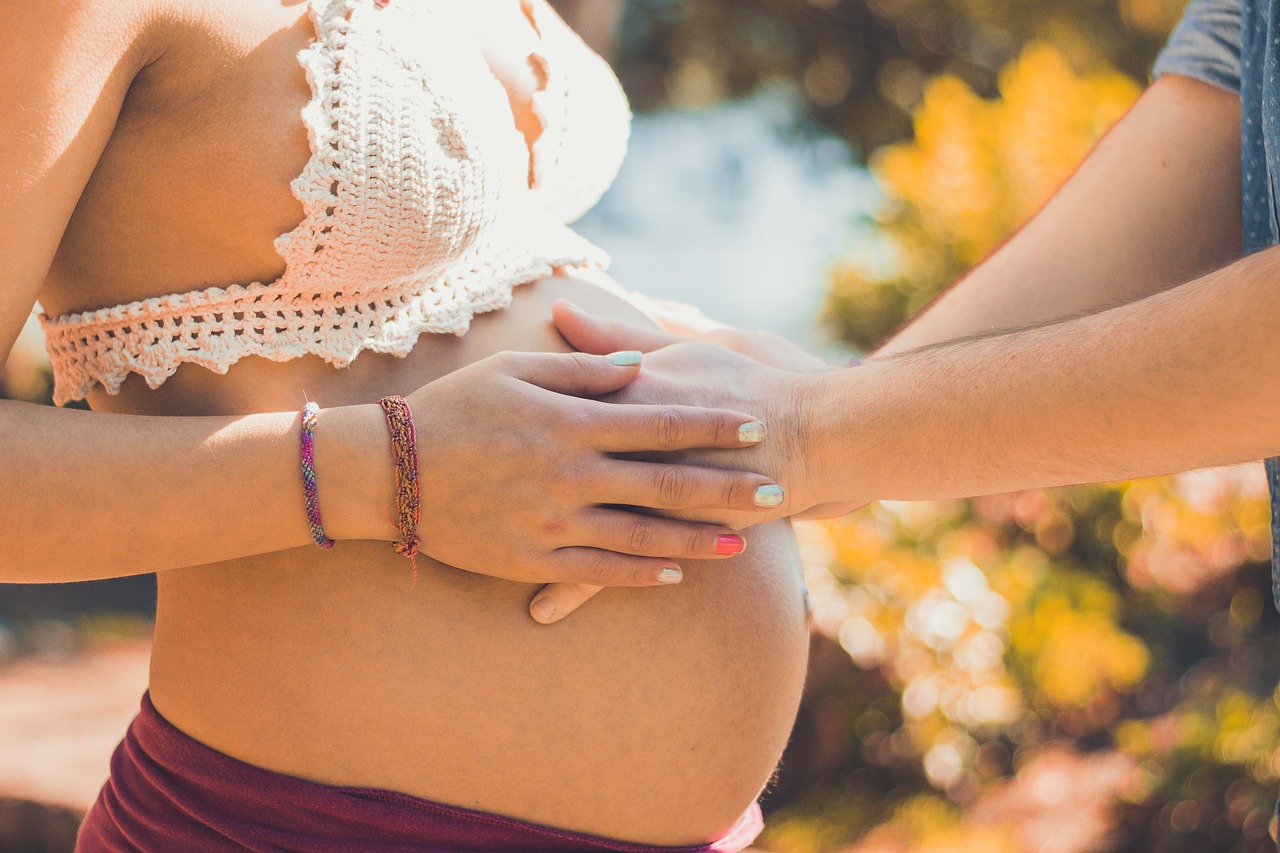
A new study has revealed that Covid-19 antibodies are passed on from mothers to their unborn babies during pregnancy.
The researchers reported that mothers transfer antibodies that protect against Covid-19 to their babies during pregnancy and that vaccinating pregnant women may give protection to their unborn babies as well.
Protecting the unborn from Covid-19
The study, conducted by newborn specialist Dr. Dustin Flannery and colleagues at the Children's Hospital of Philadelphia, examined over 1,400 mothers and newborns. Findings were published on the Journal of the American Medical Association's JAMA Pediatrics.
The researchers discovered that protective IgG antibodies were transferred across the placenta in 72 out of 83 infected or previously infected pregnant women.
They said: "Our findings demonstrate the potential for maternally derived SARS-CoV-2 specific antibodies to provide neonatal protection from coronavirus disease 2019."
Results showed that none of the babies of infected mothers contracted the virus and 60% of the women with antibodies presented no symptoms.
Dr. Flor Munoz, a molecular virologist at the Baylor College of Medicine, who was not involved in the study, asked: "Could maternal antibodies help delay the onset of infection or protect the infant from becoming infected, having severe disease, or dying of COVID-19?"
In an accompanying commentary, Dr. Munoz pointed out that newborn babies are vulnerable to infection and that any form of protection to the virus would be welcome. However, she mentioned that antibodies against other viruses, including influenza and tetanus, wear off quickly when transferred from mother to infant during pregnancy, so there's still a need to examine when and how to vaccinate infants.
Munoz added: "To what extent can antibodies transferred through breast milk protect lactating newborns? Should infants be vaccinated regardless of maternal infection, and if so, what is the best timing to initiate infant vaccines? Is there a potential detrimental effect of maternal antibodies on infant responses to active immunization? And what would be the optimal vaccine and vaccination regimen for infants, considering their risk and unique immunologic needs?"
Transfer of the virus?
Last July, a study suggested that pregnant women may transmit coronavirus to their babies through breast milk, umbilical cord blood, placenta, and vaginas.
According to Fenizia, the assessment of 31 pregnant women is preliminary and was influenced by factors. With this, it appears too early to make a conclusion on pregnant women infected by the virus. “Our study should be considered a ringing bell to raise awareness that [transmission] is possible,” he noted.
He recommends further research in the area, which is currently being conducted in some places.
Diana W. Bianchi, director of the Eunice Kennedy Shriver National Institute of Child Health and Human Development, believes the findings inconclusive. She said there is uncertainty even in cases in which a baby is positive with coronavirus. It goes the same for children who were contaminated by bodily fluids from an infected mother during delivery or Caesarean section.
She also mentioned a May study by Northwestern University that revealed the damage to the blood vessels in 16 placentas. The researchers reported insufficient blood flow from mother to fetus and blood clots in vessels of the placenta.






